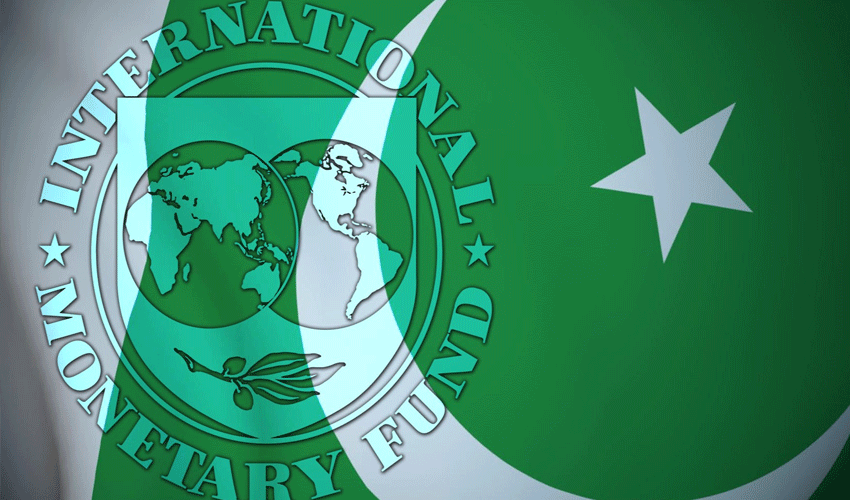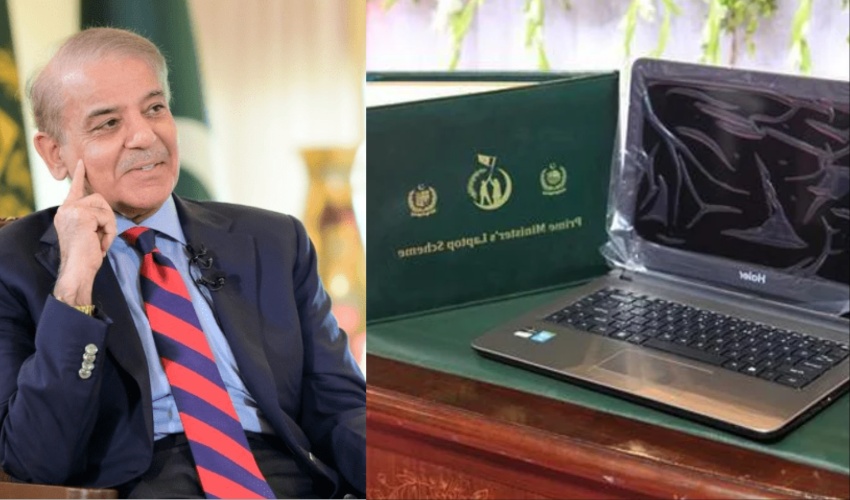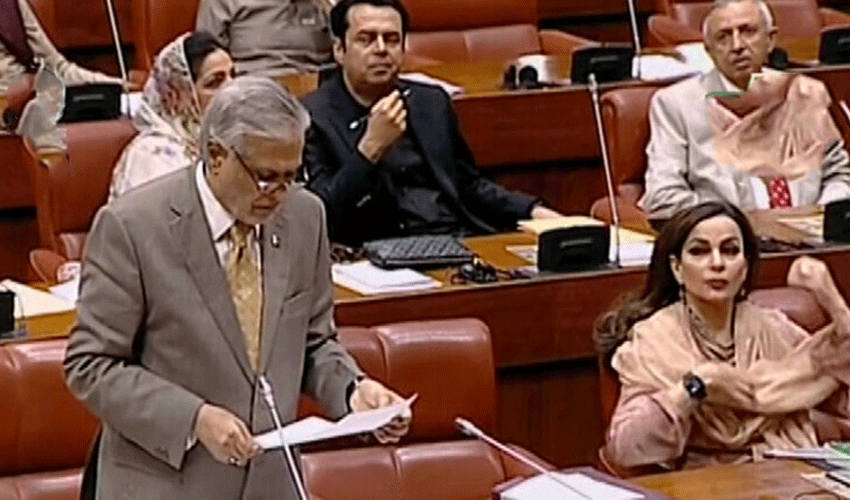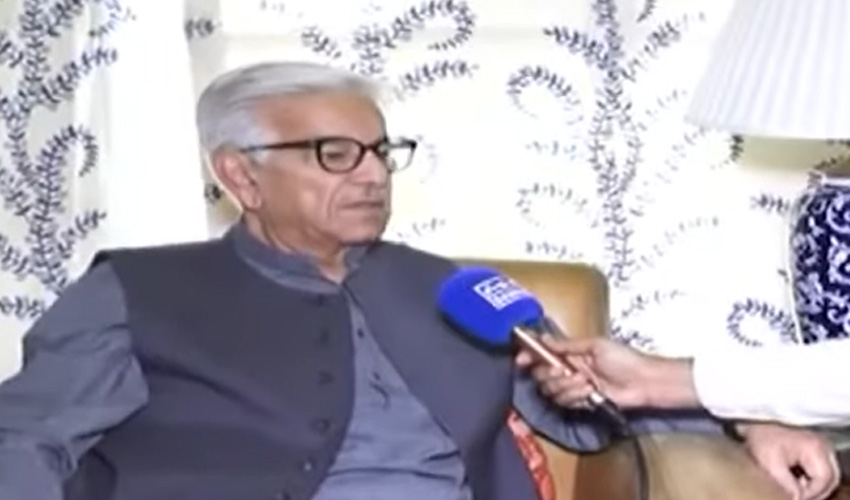The International Monetary Fund (IMF) on Thursday urged Pakistan to enhance revenue generation and curb expenditures as policy-level discussions between the two sides continue.
The consultations, focused on the ongoing fiscal year’s performance and next year’s economic targets, come amid Pakistan’s push to secure the next tranche of its $7 billion loan programme.
According to sources, IMF officials were briefed on the government’s measures to reduce the burden on the public exchequer, including a proposal to set the tax revenue target above Rs15,000 billion for the next fiscal year.
The tax-to-GDP ratio is projected to increase to 13 percent, while non-tax revenue collection is estimated to reach Rs 2,745 billion.
Pakistan’s economic outlook for the next fiscal year was also discussed. Sources in the Finance Ministry anticipate economic growth exceeding 4 percent, up from the projected 3.5 percent for the current fiscal year. Inflation, which has remained a pressing concern, is expected to fall to single digits in the next fiscal cycle.
However, external financing remains a challenge, with Pakistan needing over $20 billion to meet its foreign payment obligations. In response, the government has assured the IMF that deposits from friendly countries will be rolled over next year as part of its external financing strategy.
Rightsizing public sector
To further ease the financial burden, Pakistan has permanently eliminated 150,000 vacant posts in government institutions, sources said. The IMF was also informed about the government’s commitment to reducing redundant positions through amendments to the Civil Servants Act, 1973.
As part of these rightsizing measures, voluntary retirement options will be offered to employees in various departments, while a Golden Handshake scheme is in the works to settle dues for additional staff.
The IMF, while acknowledging these fiscal measures, has maintained its emphasis on long-term structural reforms. The Fund has also raised concerns over Pakistan’s power sector, linking the proposed electricity tariff relief of Rs 2 per unit to the privatization of loss-making distribution companies (DISCOs). Pakistan has submitted a plan to privatize three DISCOs in the first phase—Islamabad, Faisalabad, and Gujranwala—followed by Multan, Lahore, and Hyderabad in the next phase.
Despite the challenges, Finance Ministry officials remain optimistic about securing the next $1 billion tranche under the loan program, which they believe will boost industrial activity and employment opportunities.
The final decision on key economic measures, including the electricity tariff reduction and taxation framework, is expected in the coming months, subject to IMF approval.


























